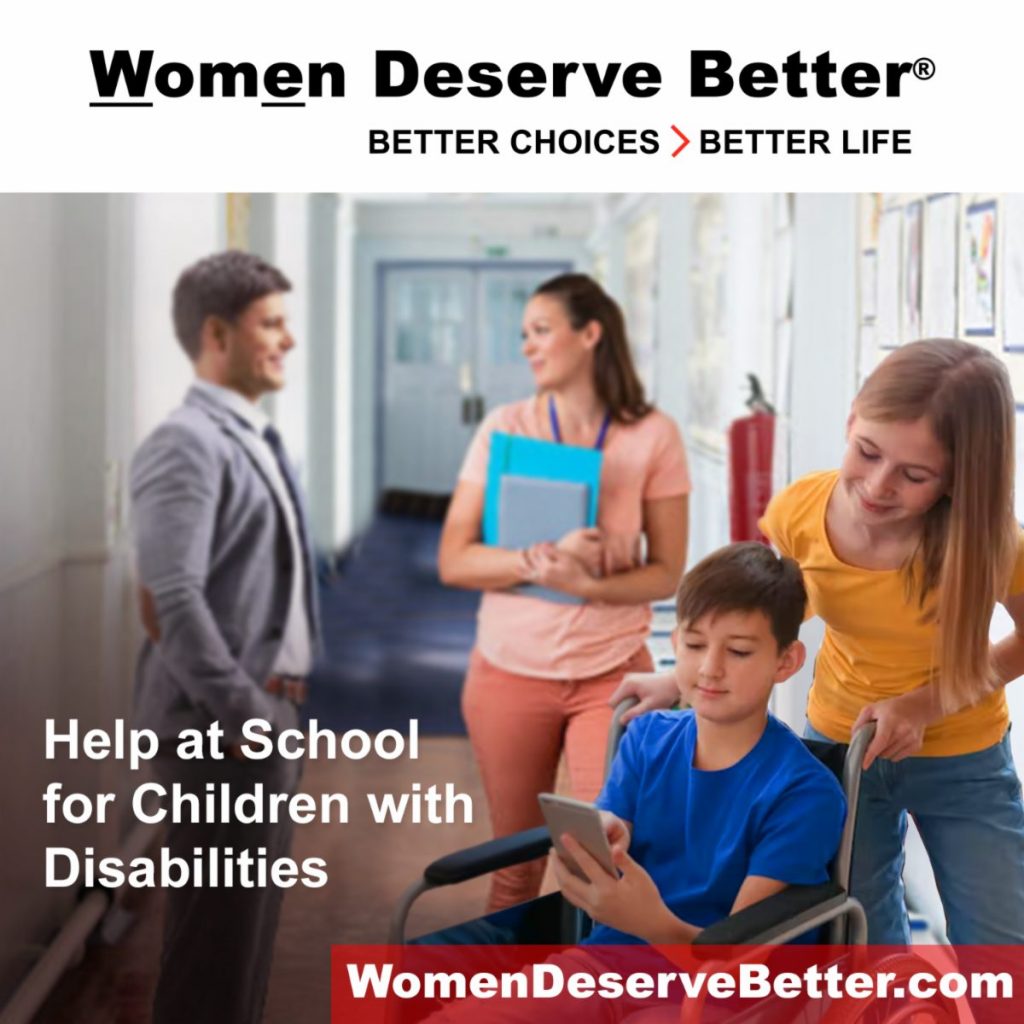
Does your child struggle with homework or classwork? Has a teacher said your child needs tutoring, isn’t paying attention, or has behavior issues? Does your child have a medical condition affecting her or his ability to function in or access the classroom?
Federal laws offer students with disabilities ways to get educational support. However, parents often have to take steps to ensure their children receive the help they need to learn.
A child can receive supports that can generally be grouped into two categories: accommodations and modifications.
- Think of accommodations as changes in the environment for the child. They help the child access education services.
- Think of modifications as changes in the curriculum taught to the child. They help the child by being specific to the child’s current level. These can help the child learn, make meaningful progress, and reach goals.
Section 504 of the Rehabilitation Act of 1973 offers students of any age the opportunity to receive supports. The student must be enrolled in a school that receives certain federal funding. It’s a civil rights law that prohibits discrimination against individuals with disabilities, and it covers other areas of life besides education. The goal is to ensure equal access. Public and private schools are included. The school must allow “reasonable accommodations” for students who meet eligibility criteria. A few examples are: additional time for tests or homework, reduced length for assignments, and notetaking help. Some modifications may also be included in a 504 Plan.
The Individuals with Disabilities Education Act, IDEA, offers students from birth to 21 a “free appropriate public education.” Generally this means special education and related services specifically designed for the individual student. The student must meet eligibility criteria and be enrolled in a school that receives certain federal funding. Often private schools aren’t covered by IDEA, but the public school district may have responsibilities for a private school student. Special education can be provided in various settings in the school – it doesn’t always mean a child is separated from her or his classmates. Accommodations are also included in a child’s individualized education program, called an IEP.
Both laws can help students with other issues which affect their learning, even if they don’t have a learning disability. Some examples are a chronic health condition, speech, language, behavior, vision, or hearing impairment.
If your child is:
Newborn to age 3: Talk with your child’s general pediatrician. S/he can make referrals to early childhood intervention (ECI) service providers.
3- 6 years old: Talk with the Child Find Office of your local public school district. Write a letter or email asking for your child to be evaluated. Keep a copy for your records.
6-18 years old: Talk with the counselor at your child’s school. Write a letter or email asking for your child to be evaluated. Keep a copy for your records. If the school agrees that your child should be evaluated, the school system must provide the evaluation at no cost to parents.
18 years and older: If your child is enrolled in college, encourage her or him to talk with the college’s office of special populations or her or his adviser. Generally, most colleges are covered by Section 504 and the Americans with Disabilities Act. Eligible students can receive accommodations. IDEA doesn’t cover college students.
Except for college students, if you aren’t sure what your child needs, ask for an evaluation under IDEA. The time frame, process, and protections are different for Section 504 and IDEA. Ask the school for a copy of the procedural safeguards and rights, so you know what to expect. That will also explain what to do if you disagree with the school’s decision or plan for your child.
Parents should communicate with school personnel diligently to ensure the school meets all legal timelines for conducting evaluations, holding meetings, and creating plans. After a 504 plan or an IEP is created, parents should continue to talk frequently with their child and the teachers. This is the best way to know if the accommodations, services, and/or modifications are being provided as required by a written plan and if they are actually helping the child.
This is a general overview only. To learn more, check out our article, Best Resources for Kids with Special Needs, as well as:
Protecting Students With Disabilities (ed.gov)
IDEA by State – Individuals with Disabilities Education Act
Wrightslaw Special Education Law and Advocacy
Students with Disabilities Preparing for Postsecondary Education
Editor’s Note: This is general information and not legal advice. Please consult with a lawyer licensed in your state for legal advice.
By Susan Schoppa, J.D.

